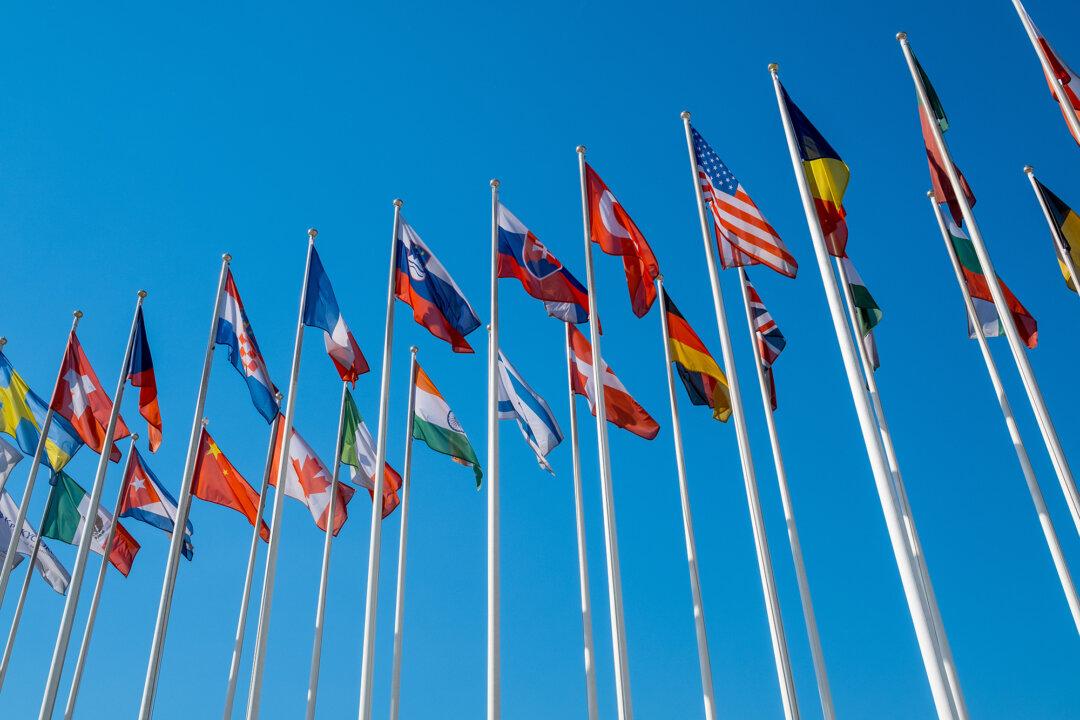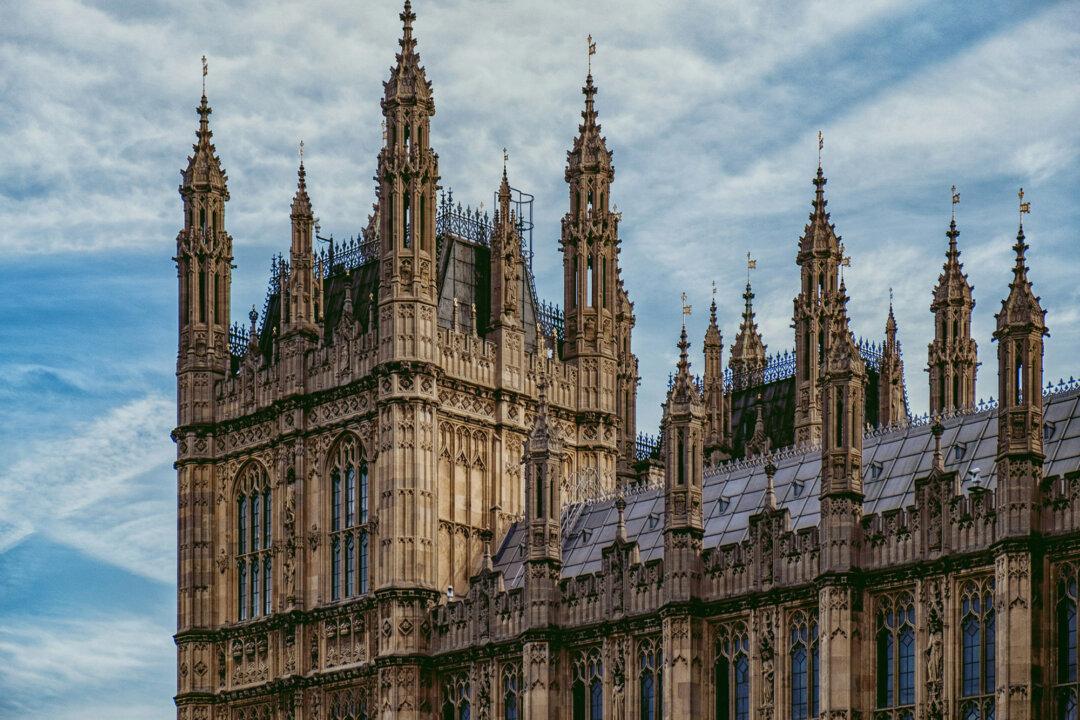The rusting two-lane bridge over the Dniester River could have been anywhere on Earth’s vast plains—the middle of Nebraska, perhaps, spanning a branch of the Platte River lined with scrubby cottonwoods beneath scrawny bluffs. The bridge, the setting, and the landscape itself, were all unremarkable, save for a fresh prairie breeze from the Eurasian Steppe. But this bridge led from Moldova into Transnistria, a pro-Russian separatist enclave in the middle of nowhere, barely bigger than Long Island. My travel companion Jay shook his head decisively.
No.





